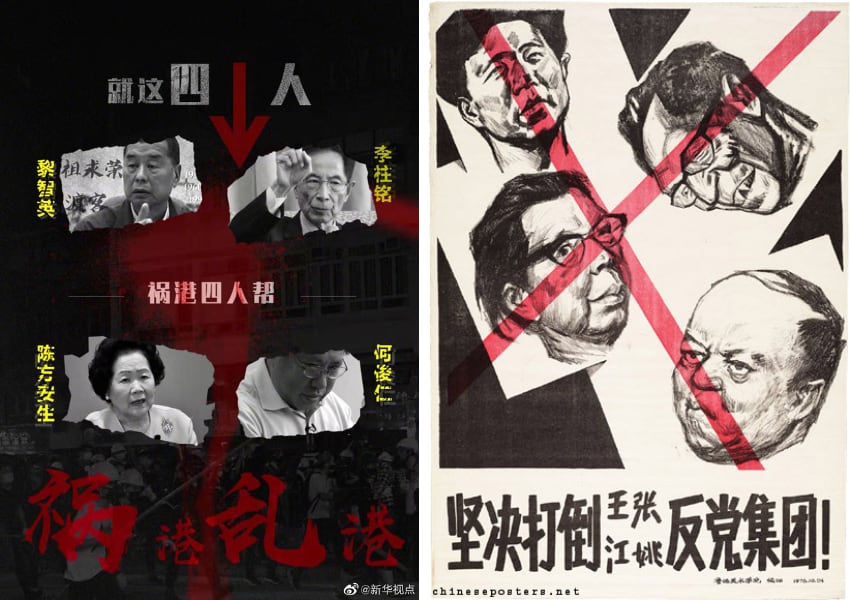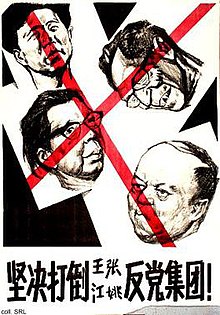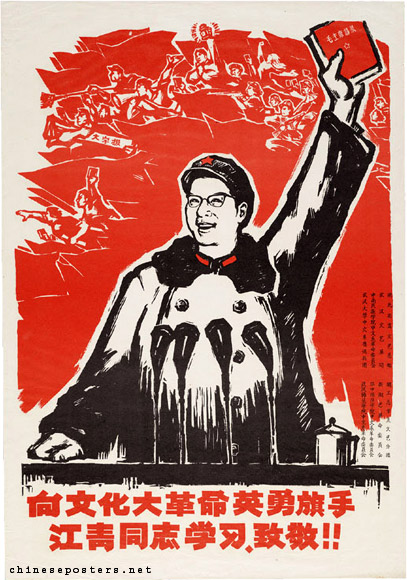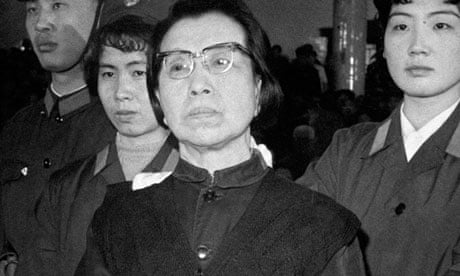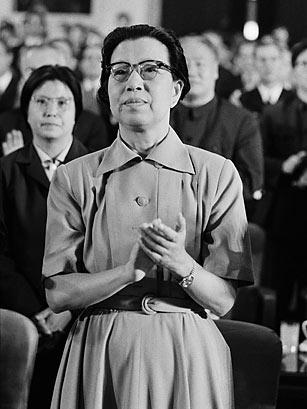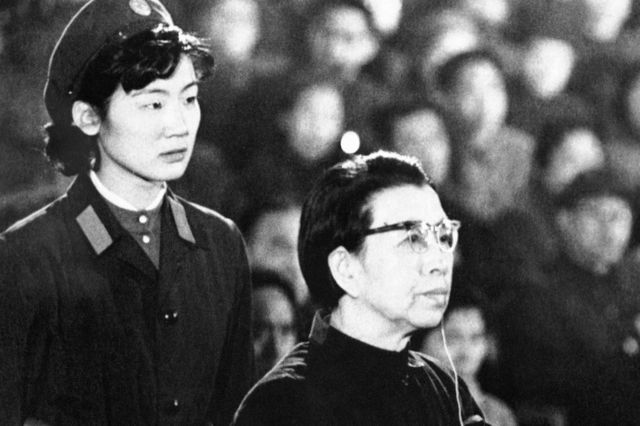Jiang Qing, also known as Madame Mao, was a member of the Gang of Four, a group of radical Communist Party officials who were influential during the latter years of the Chinese Cultural Revolution. Along with her husband, Mao Zedong, and three other officials, Wang Hongwen, Zhang Chunqiao, and Yao Wenyuan, Jiang played a key role in shaping the political landscape of China during this tumultuous period in the country's history.
Jiang was born in 1914 in a small village in Shandong province. She was a trained actress and became involved in the arts and cultural scene in China during the 1920s and 1930s. In the late 1930s, she joined the Communist Party and became an activist, working to promote the party's ideology and goals.
During the Chinese Civil War, Jiang played a key role in the propaganda efforts of the Communist Party, using her skills as an actress to deliver powerful speeches and perform in plays that promoted the party's ideology. After the Communist Party came to power in 1949, Jiang became a key figure in the government, serving as the head of the Film Bureau and the Chinese People's Art Theater.
In the late 1960s, as the Chinese Cultural Revolution was beginning to unfold, Jiang emerged as a key figure in the Gang of Four, a group of radical Communist Party officials who were influential in shaping the political direction of the country during this time. The Gang of Four was opposed to the more moderate, reform-minded officials within the party, and sought to implement a more radical and revolutionary agenda.
Jiang and the Gang of Four were known for their hardline stance on various issues, including their opposition to foreign influence and their support for the radical policies of the Cultural Revolution. They were also known for their role in promoting the personality cult of Mao Zedong, and for their use of propaganda and censorship to control the flow of information within China.
Despite their influence, the Gang of Four ultimately fell from power in 1976, following the death of Mao Zedong and the arrest of several key members, including Jiang Qing. Jiang was put on trial and was found guilty of various crimes, including inciting the violence and chaos of the Cultural Revolution. She was sentenced to death, but her sentence was later commuted to life in prison. Jiang Qing died in 1991 while serving her sentence.
Today, Jiang Qing is remembered as a controversial figure in Chinese history, known for her role in the Gang of Four and her involvement in the excesses of the Cultural Revolution. While some view her as a ruthless and power-hungry politician, others see her as a courageous and dedicated revolutionary who fought for what she believed in. Regardless of one's perspective on Jiang Qing, it is clear that she played a significant role in the history of modern China.
.jpg/152px-Yao_Wenyuan_(1to1).jpg)
